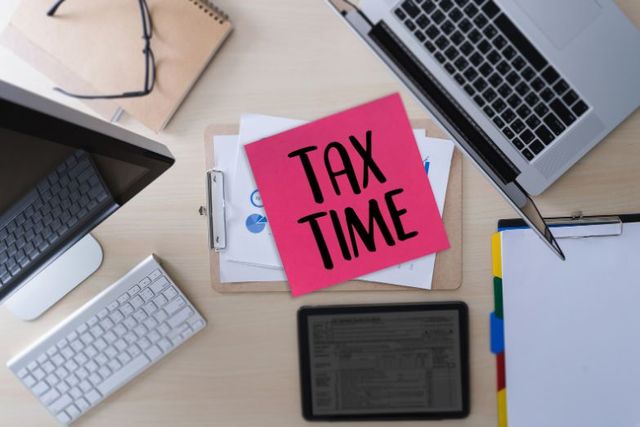
As the 2021 tax year ends, here’s what Australian miners need to know as they prepare their income tax returns.
Nobody likes to do their taxes, especially when your reward for a job well done is a tax bill. To complicate things, the Australian tax code changes every year so what you could do last year might get you in trouble this year.
But there are also new ways to insulate some of your income from tax, so it’s worth taking the time to get across the changes BEFORE you visit your accountant or file your tax return.
This is not the year for autopilot when doing your tax returns
Mining People checked in with John Budrovich, a Director at Aspect Accountants and Advisors who has a long history working with clients in the mining industry. We asked him what special tips he had for miners when preparing their 2021 tax returns.
“Historically, a lot of individuals tend to look at what they claimed last year and then claim the same amounts or the same percentages of those things every year,” he said.
Like everything else, COVID-19 has put a spanner in those habits. With more people working from home, or some people experiencing unemployment for part of the tax year, the ATO will be checking things like how much you’ve used your car for work in the 2020/2021 tax year or whether you’ve had the same amount of laundry expense.
“One of the messages from the ATO is just don't cut and paste your return from a previous year.”
TIP: Consider if you were impacted by COVID-19, especially as it relates to things you have claimed as expenses in years past, especially if you’ve worked from home.
FURTHER READING: Top tax-time tips for anyone working in Australian mining

According to John, investment in cryptocurrency took off in the last 12 months, especially in Australia.
“Because it’s so easy to buy and sell, a lot of people just don’t consider that crypto would be a taxable issue, whether they make money or lose money on that,” he said.
“But the ATO gets a lot of data fed to them by the crypto exchanges where you buy and sell coins.
“People need to be aware that the ATO generally knows what you bought and sold.
“It’s always better to disclose your capital gain or your capital loss than let the ATO find it in an audit in a year’s time.”
While it’s easy to buy and sell, accounting for your gains and losses can quickly become complicated. John says it’s not unusual for some miners to do hundreds or thousands of trades in a year.
If you’re struggling to work out your tax obligation, John suggests using a site like CryptoTrader.tax.
“You upload all your buys and sell history and they generate a capital gain or loss report for you,” he said.
“It would save your accountant a lot of time.”
“A lot of people think they don’t have to disclose their crypto but there’s no hiding it, unfortunately.”
You may be able to stash extra cash in your super account
One boon for miners this year is the ability to increase the amount of your super contribution if you weren’t able to contribute the full amount during the past couple of years. You might consider putting extra money into superannuation as a tax deduction.
“Normally you’re capped at about $25,000 that can go into super between what your employer puts in and what you put in,” John said.
“This year there’s a new rule where you can go back two financial years and if you haven’t put your full $25,000 in each year, you can actually bring forward and catch up that extra amount.
Your total super balance at the end of 30 June of the previous financial year has to be less than $500,000.
“You obviously need to have the cash flow to make that contribution but it’s a good way to get more money into super,” John said.
To find out more, visit the ATO website on how to carry forward unused super contributions.
FURTHER READING: Financial Tips for FIFO Workers
Reminder: JobSeeker and JobKeeper payments
If you received JobSeeker payments in the last financial year, John says the ATO considers those payments to be taxable income.
If you received JobKeeper payments, it is NOT considered taxable income.
“If you got a JobKeeper payment, it was paid to your employer, not to you individually. So it wouldn’t really have any impact on the individual tax position at all,” John said.
Is it time to look for a new mining job? Register with MPi here and let us help you find the right job.
*Disclaimer: MPi are not a tax and/or accounting advisory agent, and the comments contained do not represent Mining People International.